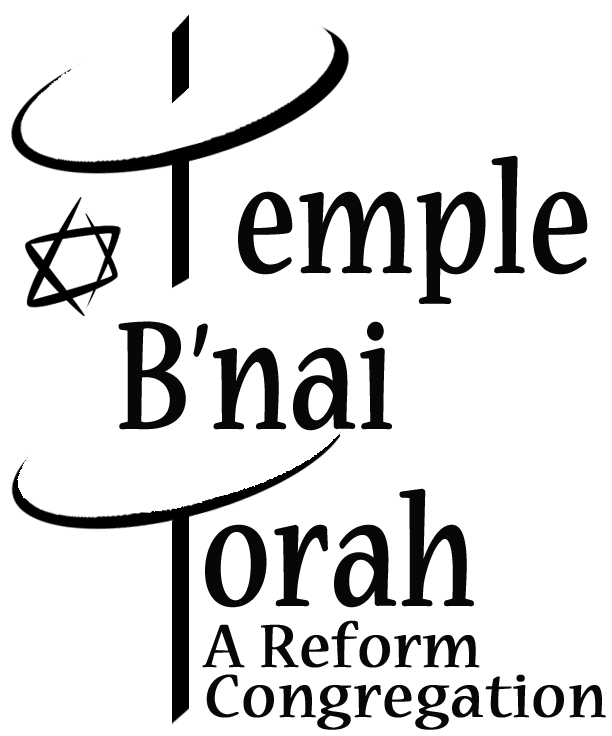Simchat Torah, Hebrew for rejoicing in the Law
Simchat Torah, Hebrew for “rejoicing in the Law”, celebrates the completion of the annual reading of the Torah. Simchat Torah is a joyous festival, in which we affirm our view of the Torah as a tree of life and demonstrate a living example of never-ending, lifelong study. Torah scrolls are taken from the ark and carried or danced around the…


